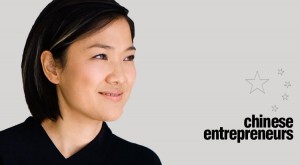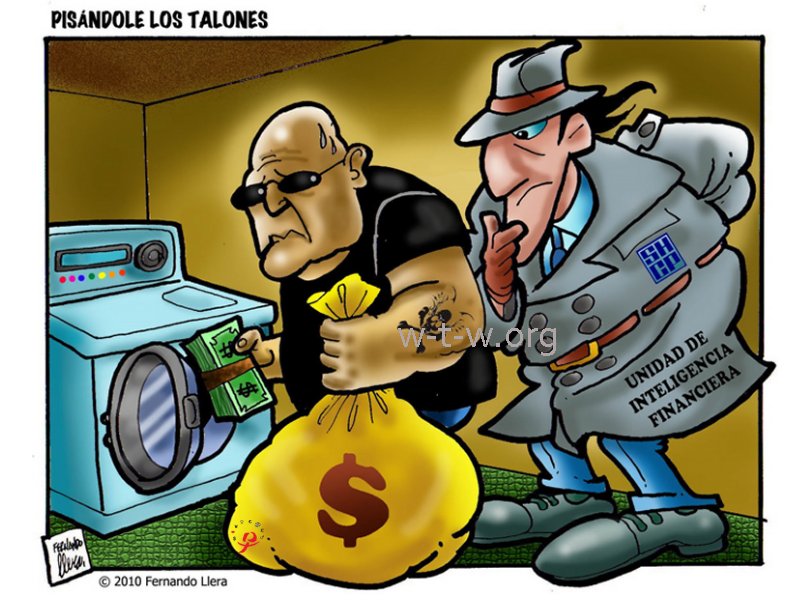Diversity Consulting firm Symmetra recently released the results of an international study of senior executives that exposes the bias against employees who take up flexible work options. While many large businesses make flexible work policies available to their workforces, the study found that attitudes exhibited by senior management demonstrate a lack of genuine belief in and support for flexible work.
The study revealed that flexible workers were perceived by management to be less serious about their careers, less credible and less likely to be able to build effective relationships and to develop others. In fact, a bias was found against flexible workers in 11 out of 14 attributes measured, with the only attribute that was found as having a positive bias for flexible workers was that they were perceived as having better work-life balance.
Findings like these go a long way in explaining the immense inconsistencies found in organisations between the desire for flexible work arrangements by employees and the actual uptake of those arrangements. Unfortunately, even when employers have a policy in place that supports flexible work, there is often a significant career disadvantage (both perceived and experienced) for those who choose to work flexibly. Consequently, many employees (both male and female) who would like to work flexibly do not request to do so, because they believe they will be taken less seriously in the workplace and their career will suffer.
The ever increasing reach and capability of technology provides a range of options for flexible workers, and while some core time in the office is usually a necessity, there are many tasks that do not require people to be in the office to deliver great results. When I think about how regularly many executives travel both domestically and internationally on business, it strikes me as interesting that rarely, if ever, does anyone question whether this time spent out of the office means these executives are not performing their jobs to a high standard. It is an interesting observation that regular absences from the office during business hours are often considered completely acceptable, but it is the reasons for which people are out of the office that some people find difficult to accept, with those working flexibly to balance work and other commitments (including family) being associated with negative traits and therefore held back.
Unfortunately because it is women who engage in flexible work most often, the biases revealed in the Symmetra study apply to a larger number of women than men and ultimately result in a gender bias. That said, I have a high degree of sympathy for men who would like to work flexibly but feel they would be disadvantaged as a result. I recently heard of a man who had taken parental leave to be the primary carer for his new baby, and during that time his leader resigned leaving a vacancy for which he applied. The hiring executive made the comment that “he obviously is not serious about his career” with reference to him taking parental leave. This is unfortunately an all too common but out-dated attitude that has no place in a modern workplace.
To truly move from a flexibility policy mindset towards an embedded culture of flexible work organisations need their most senior leaders to lead by example, adopting flexible work practices themselves and ensuring those working flexibly have a viable career path and access to the same opportunities as those who do not work flexibly. It is time for a courageous generation of male and female leaders who understand the vast talent that is available through the pool of flexible workers and who will challenge historical sacred cows about job design and outdated work practices to advocate and lead progressive change in this area. Attitudes Toward Work Flexibiliy
Attitudes Toward Work Flexibility 











